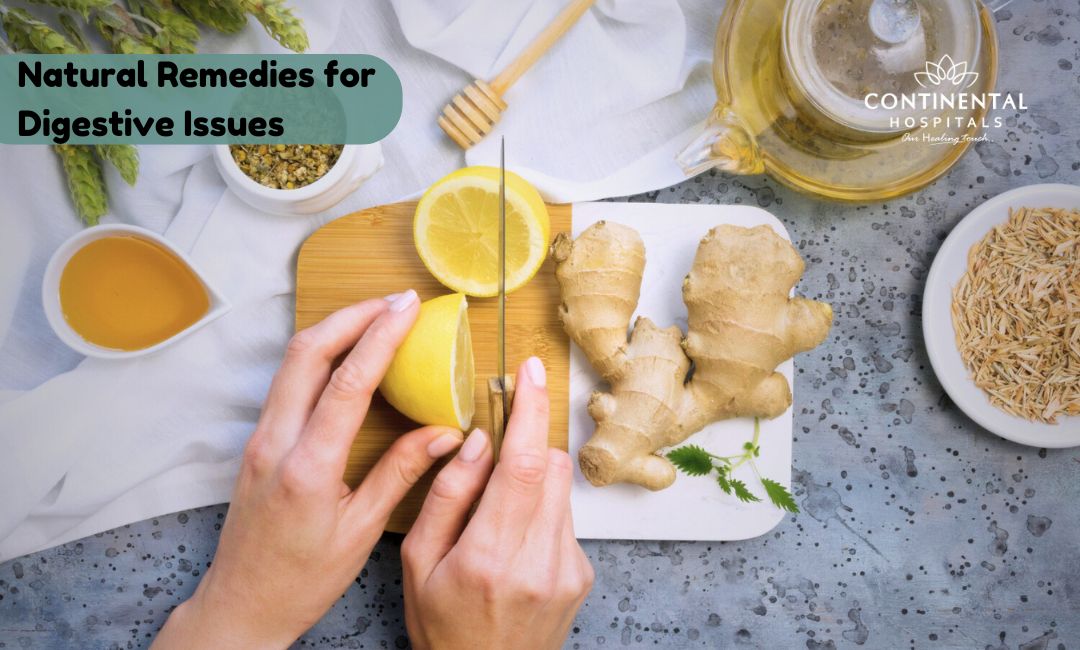Digestive issues, ranging from occasional indigestion to chronic conditions like irritable bowel syndrome (IBS), affect a wide population globally. While medications offer relief, natural remedies provide holistic approaches to enhance digestive health. Dietary adjustments focusing on fiber-rich foods, probiotics from fermented sources, and adequate hydration can promote regular bowel movements and gut flora balance. Herbal supplements like peppermint for indigestion, ginger for nausea relief, and chamomile for stress-induced digestive discomfort offer natural relief. Lifestyle changes such as stress management through yoga or meditation, regular exercise to stimulate digestion, and mindful eating practices also contribute significantly. Incorporating apple cider vinegar for improved stomach acid production, aloe vera juice for anti-inflammatory effects, and licorice root for soothing stomach lining further supports digestive wellness. By integrating these natural remedies into daily routines, individuals can manage digestive issues effectively while fostering overall well-being. Always consult healthcare providers for personalized advice, especially if dealing with chronic digestive conditions or considering new supplements.
Understanding Digestive Issues
Before diving into remedies, it's essential to understand the common digestive issues that affect people:
Indigestion: Characterized by discomfort or pain in the upper abdomen, often occurring after eating.
Heartburn: A burning sensation in the chest, often caused by acid reflux.
Constipation: Difficulty passing stools or infrequent bowel movements.
Diarrhea: Frequent, loose, or watery stools.
Irritable Bowel Syndrome (IBS): A chronic condition affecting the large intestine, causing cramping, abdominal pain, bloating, gas, diarrhea, and constipation.
Gastroesophageal Reflux Disease (GERD): Chronic acid reflux that can lead to complications if not managed.
Importance of Natural Remedies for Digestive Health
The digestive system is fundamental to overall health, as it is responsible for breaking down food, absorbing nutrients, and eliminating waste. When this system is disrupted, whether due to stress, poor diet, or medical conditions, it can lead to a range of uncomfortable symptoms such as bloating, gas, indigestion, and more severe issues like inflammation and ulcers.
Natural remedies offer several advantages in managing digestive issues:
Gentle on the Body: Unlike some medications, natural remedies typically have fewer side effects and are gentler on the digestive system.
Addresses Root Causes: Many natural remedies aim to address underlying causes of digestive issues, such as inflammation or imbalance in gut bacteria, rather than just masking symptoms.
Promotes Holistic Health: Natural remedies often encourage lifestyle changes that promote overall health, such as dietary improvements and stress management.
Complementary to Medical Treatments: They can be used alongside conventional medical treatments to enhance their effectiveness or reduce reliance on medications.
Cost-Effective: In many cases, natural remedies can be more affordable than pharmaceutical options, especially for long-term management.
Common Natural Remedies for Digestive Issues
Probiotics
Probiotics are beneficial bacteria that support gut health by restoring a healthy balance of microorganisms in the intestines. They can help alleviate symptoms of bloating, gas, and diarrhea, particularly in cases of antibiotic-related digestive disturbances or conditions like IBS.
Sources: Yogurt, kefir, sauerkraut, kimchi, and probiotic supplements.
Herbal Teas
Herbal teas have been used for centuries to aid digestion and alleviate symptoms such as nausea and indigestion.
Common Varieties: Peppermint, ginger, chamomile, and licorice root teas are popular choices for their soothing and digestive-supporting properties.
Digestive Enzymes
Digestive enzymes help break down carbohydrates, fats, and proteins in food, facilitating better nutrient absorption and reducing symptoms of indigestion.
Sources: Pineapple and papaya contain natural enzymes (bromelain and papain, respectively), while supplements provide more concentrated doses.
Fiber-Rich Foods
Fiber promotes regular bowel movements and helps prevent constipation, a common digestive issue. It also supports a healthy gut microbiome.
Sources: Whole grains, fruits, vegetables, nuts, and seeds are excellent natural sources of fiber.
Aloe Vera
Aloe vera has anti-inflammatory properties that can soothe and heal the digestive tract lining, making it beneficial for conditions like GERD and ulcerative colitis.
Usage: Drink aloe vera juice (from the inner leaf gel) or take supplements under guidance.
Healthy Diet Modifications
Avoid Trigger Foods: Identify and avoid foods that exacerbate digestive symptoms, such as spicy foods, caffeine, and alcohol.
Eat Smaller Meals: Consuming smaller, more frequent meals can ease digestion and reduce symptoms of bloating and discomfort.
Stress Management
Stress can significantly impact digestive health by affecting gut motility and exacerbating symptoms. Techniques such as yoga, meditation, deep breathing exercises, and regular physical activity can help manage stress levels and improve overall digestion.
Hydration
Adequate hydration is essential for maintaining healthy digestion. Water helps soften stools and supports the transport of nutrients throughout the body.
Integrating Natural Remedies into Your Routine
To effectively manage digestive issues using natural remedies, consider the following tips:
Consult with a Healthcare Provider: Especially if you have a chronic digestive condition or are considering herbal supplements.
Monitor Your Symptoms: Keep track of what triggers your digestive issues and how different remedies affect your symptoms.
Maintain Consistency: Many natural remedies require consistent use to see improvements in digestive health.
Combine Approaches: Often, a combination of dietary changes, lifestyle adjustments, and targeted supplements yields the best results.
Conclusion
Incorporating natural remedies into your daily routine can significantly improve digestive health and reduce symptoms of common digestive issues. Whether you choose to adjust your diet, incorporate herbal remedies, make lifestyle changes, or explore alternative therapies, finding what works best for you may require some experimentation. By taking a holistic approach to digestive health, you can achieve long-term relief and support overall well-being naturally. Always remember to consult with a healthcare professional before starting any new treatment regimen, especially if you have pre-existing medical conditions or are taking medication.
Related Blogs:
.webp)







